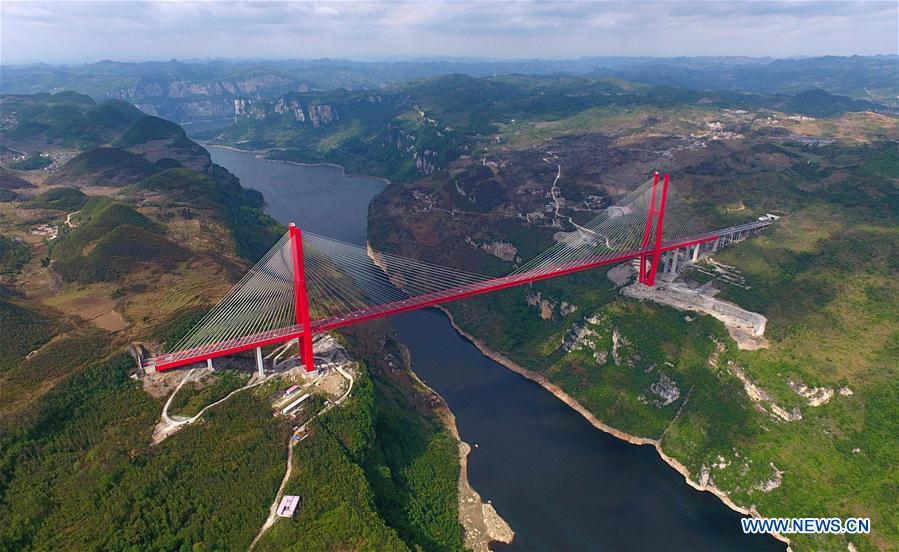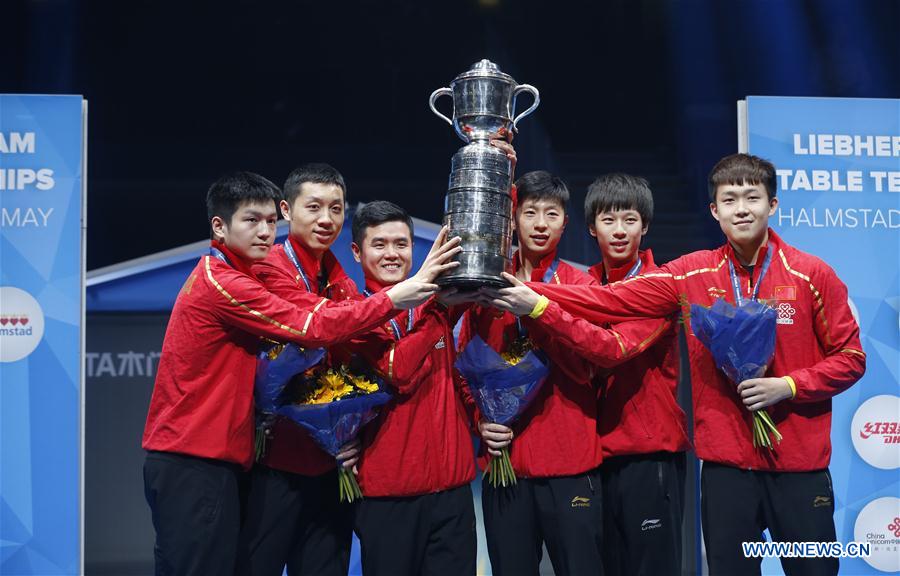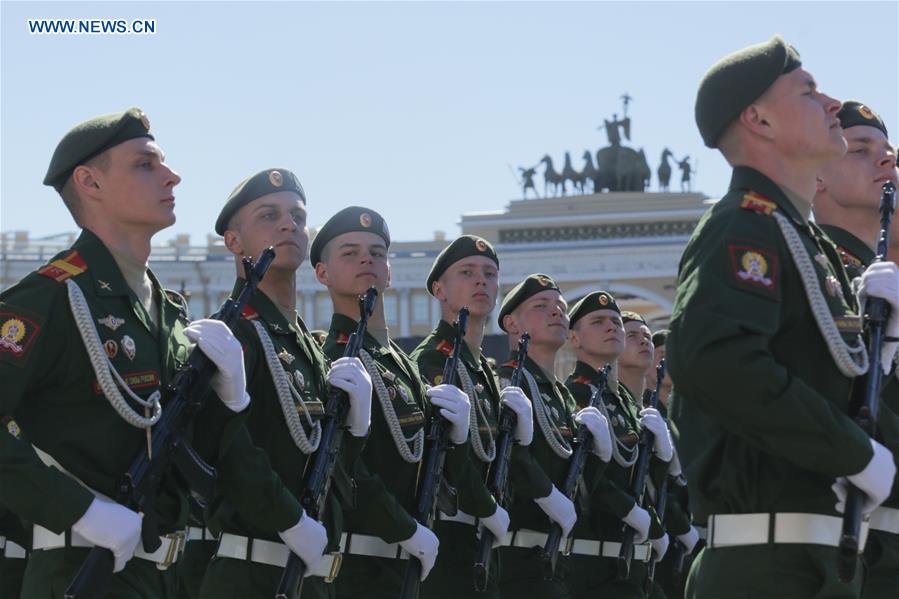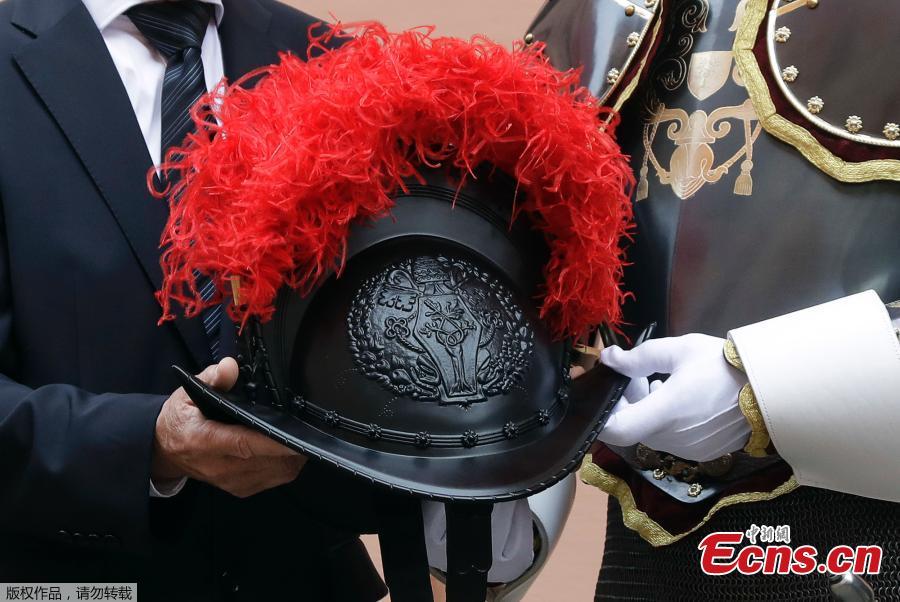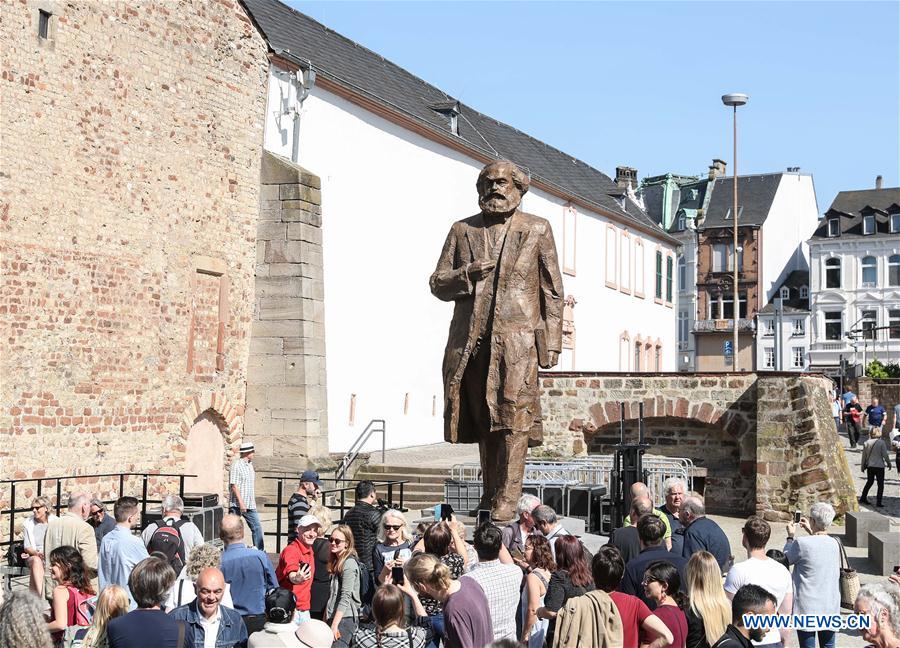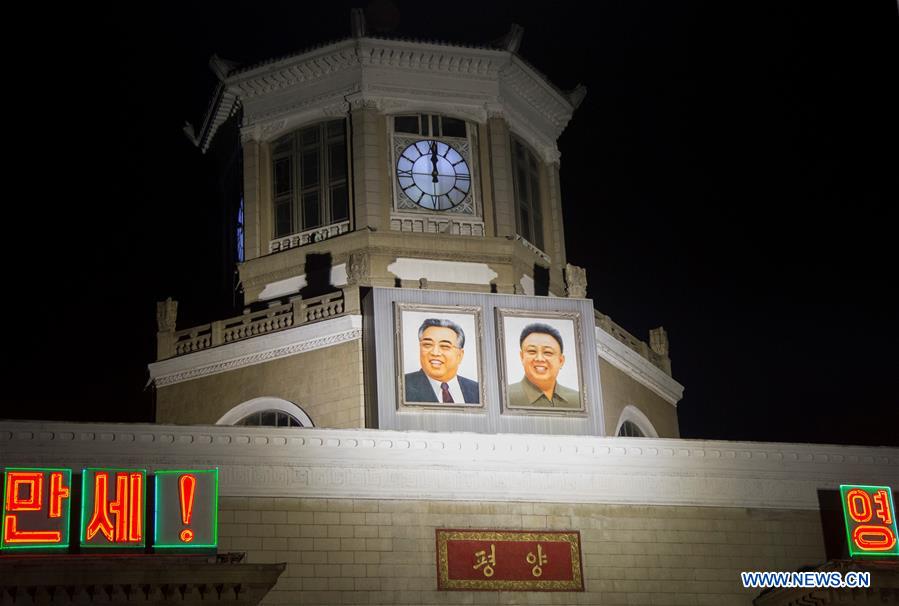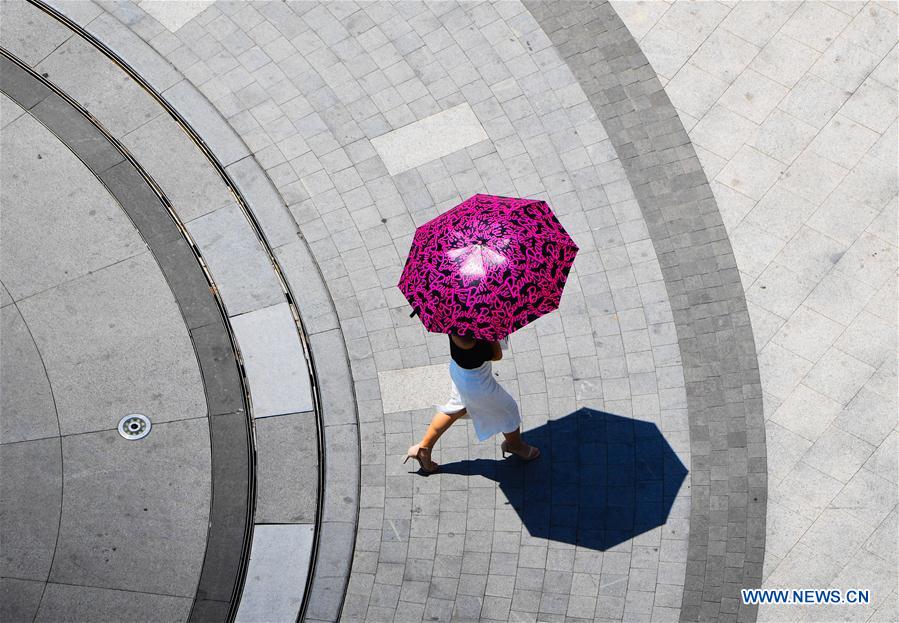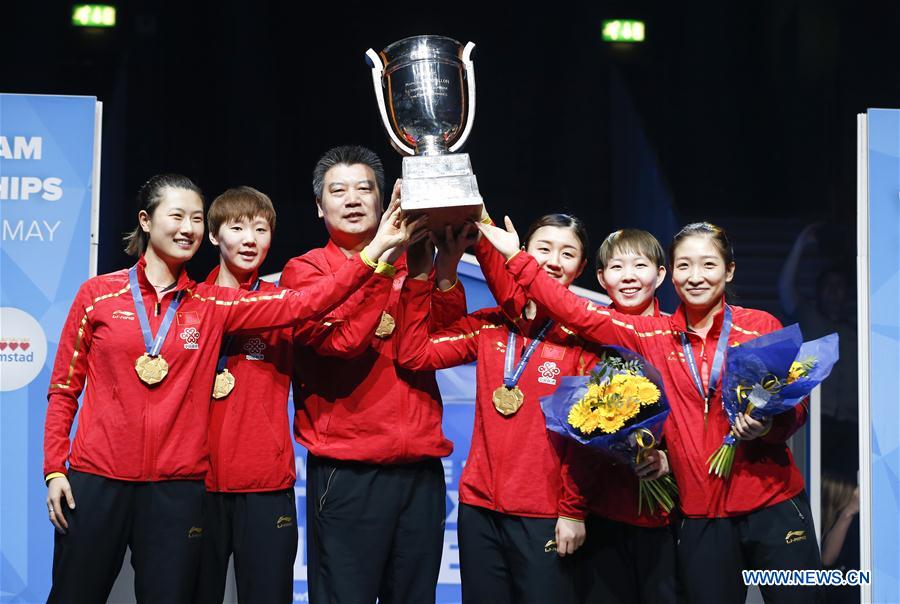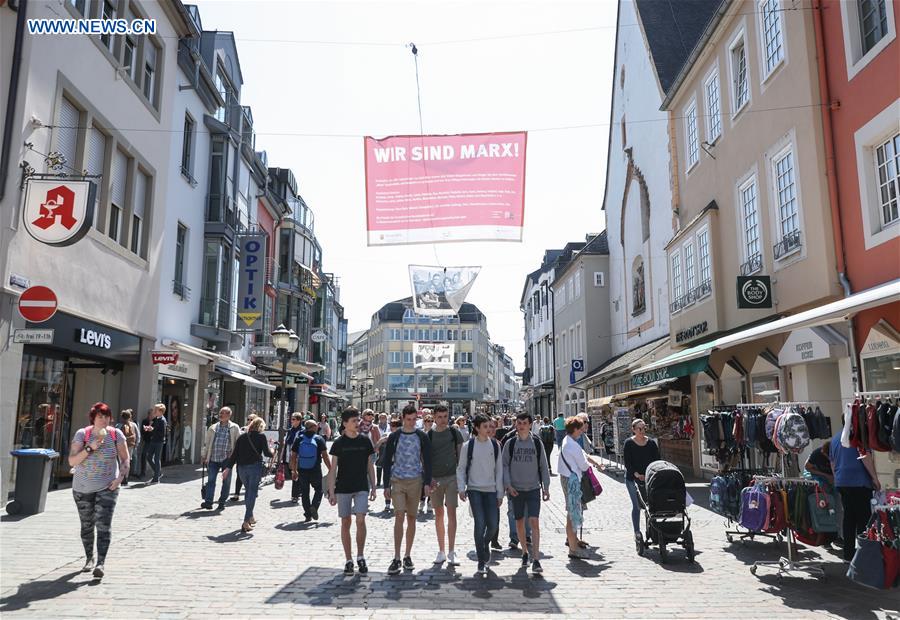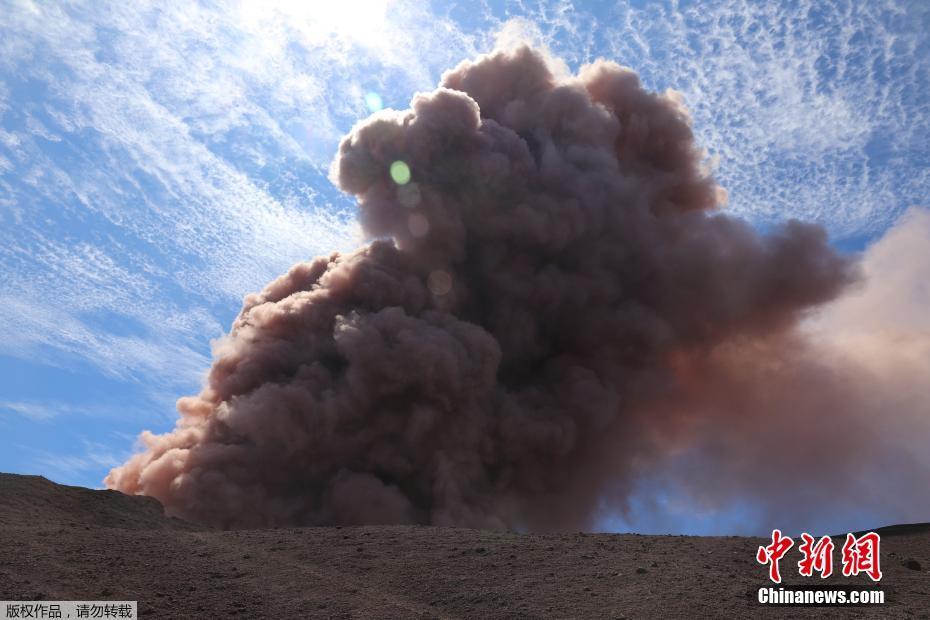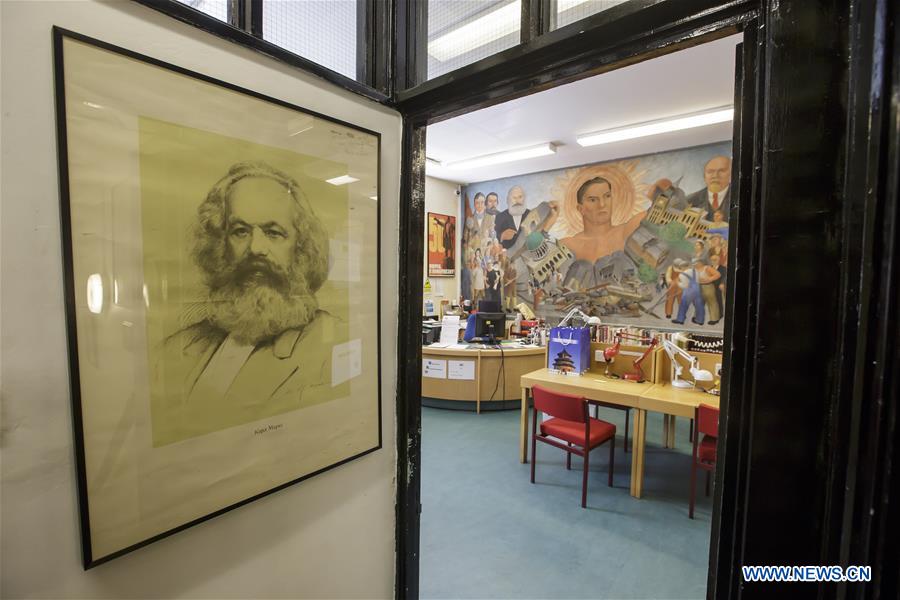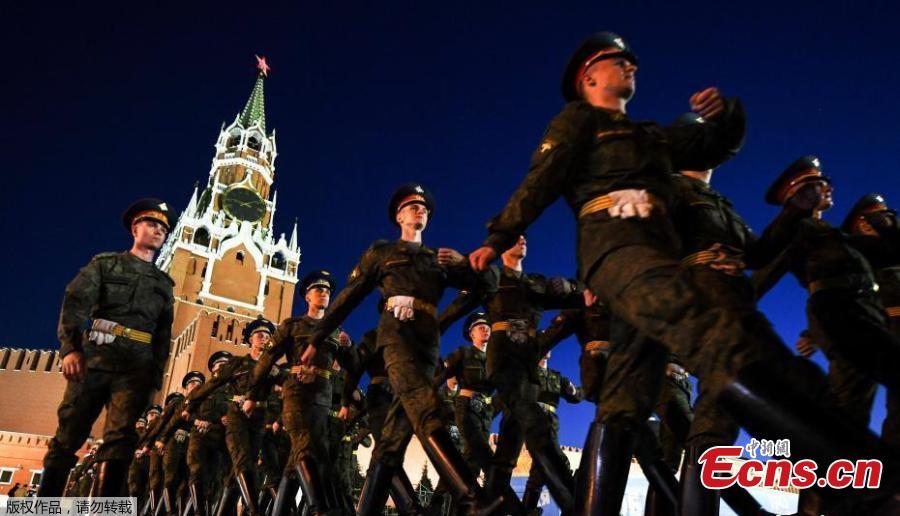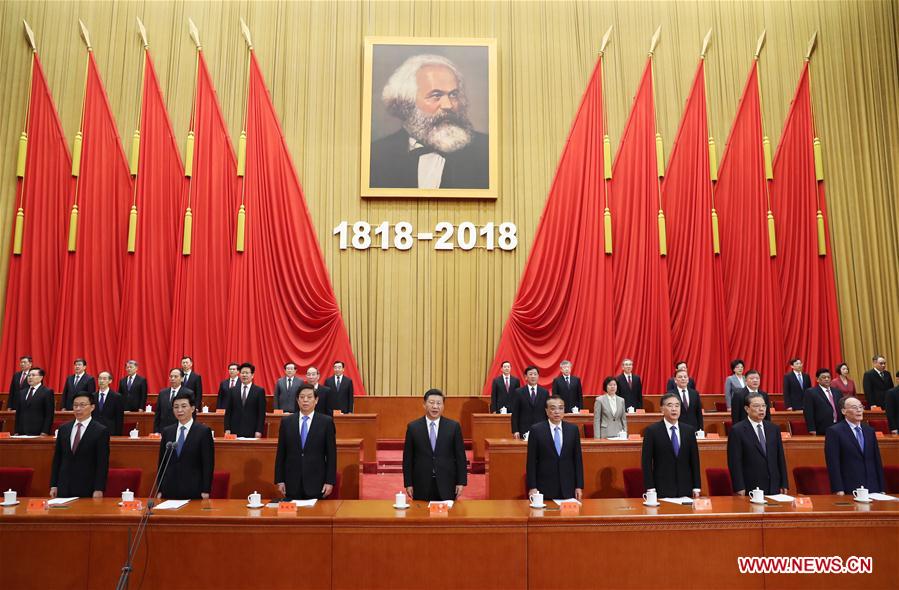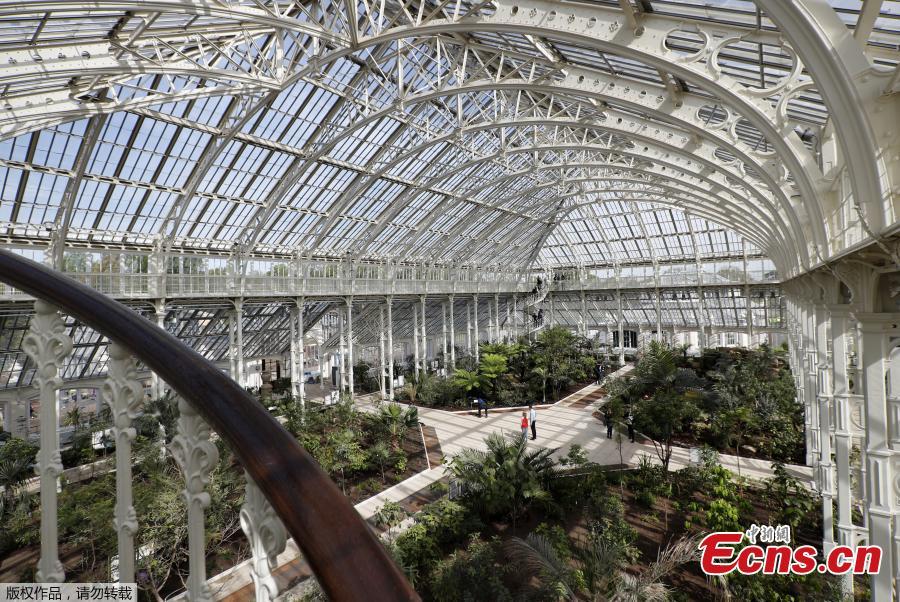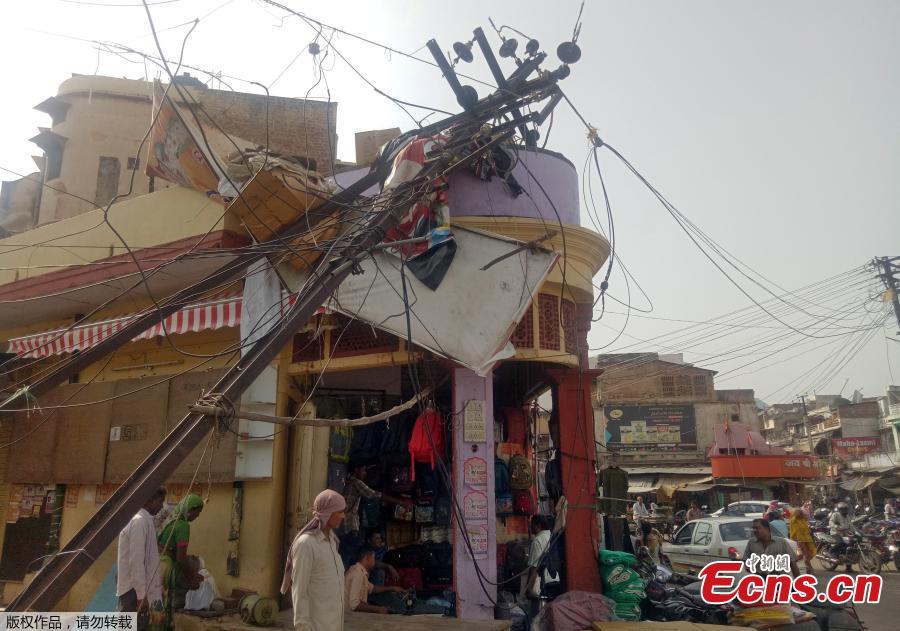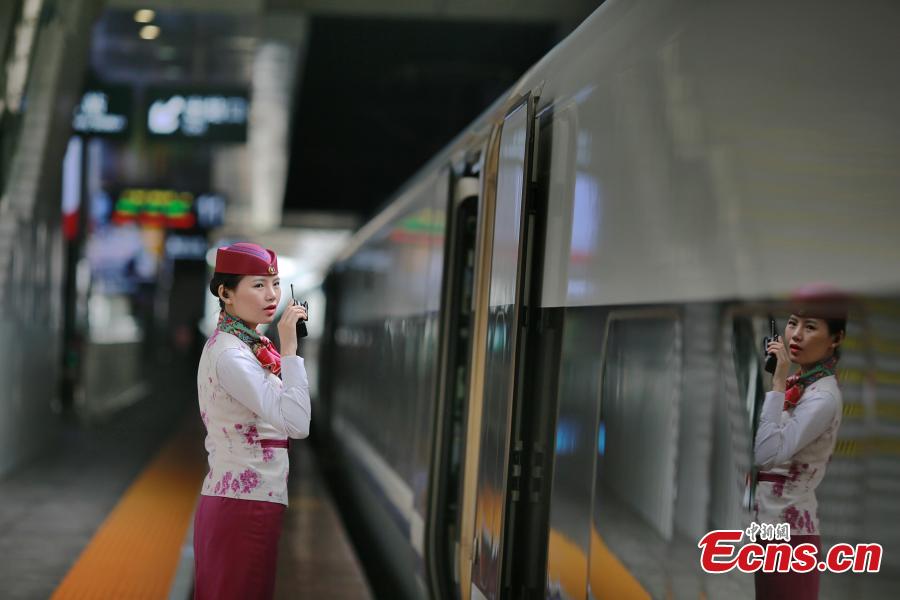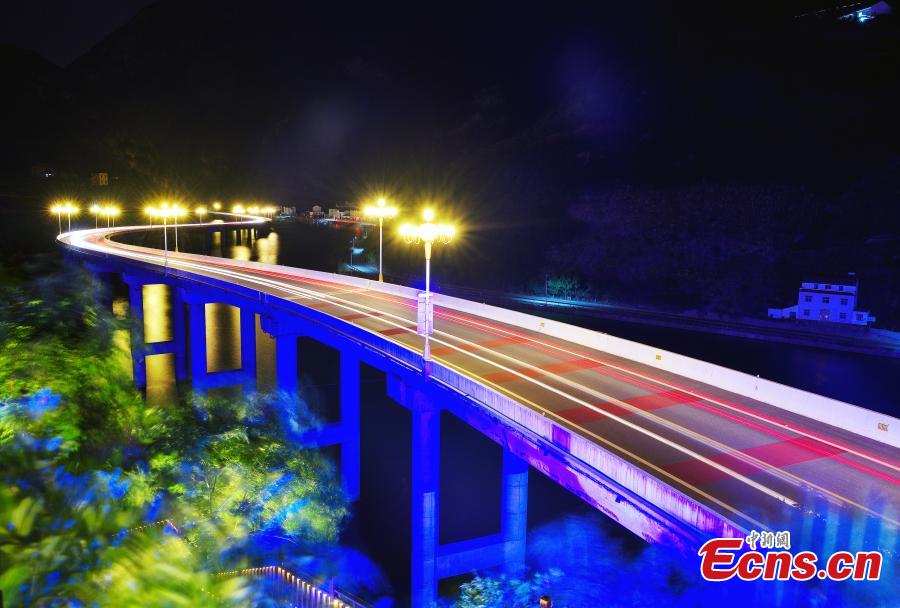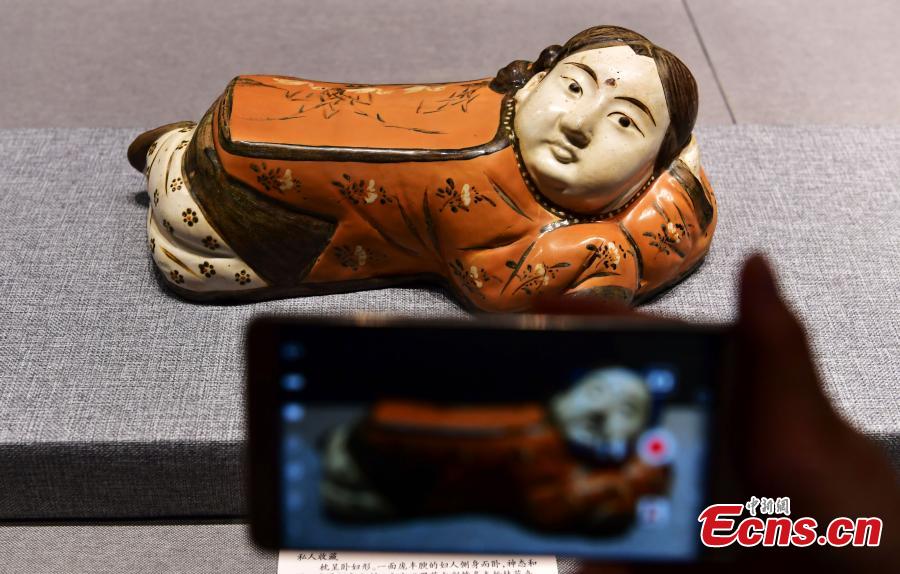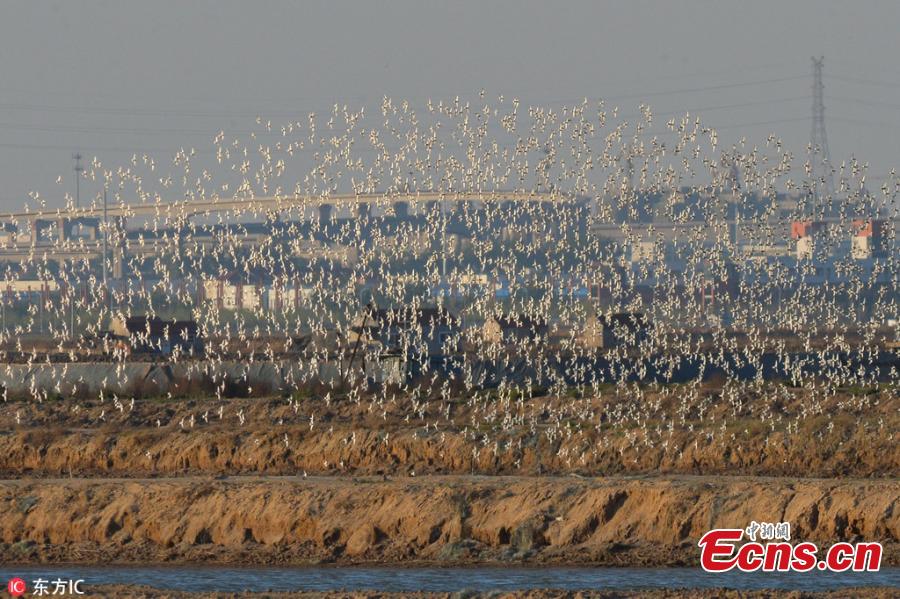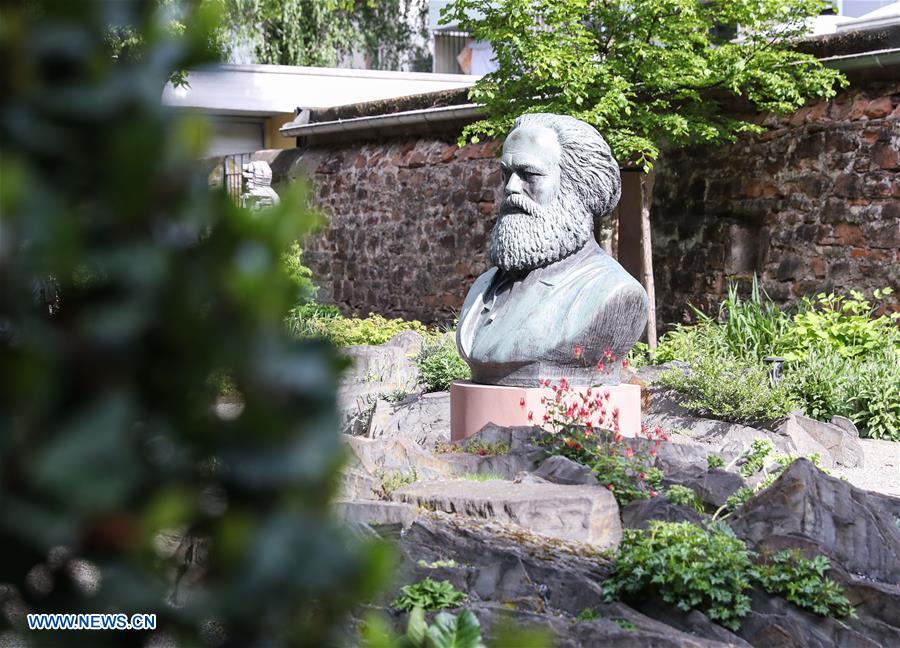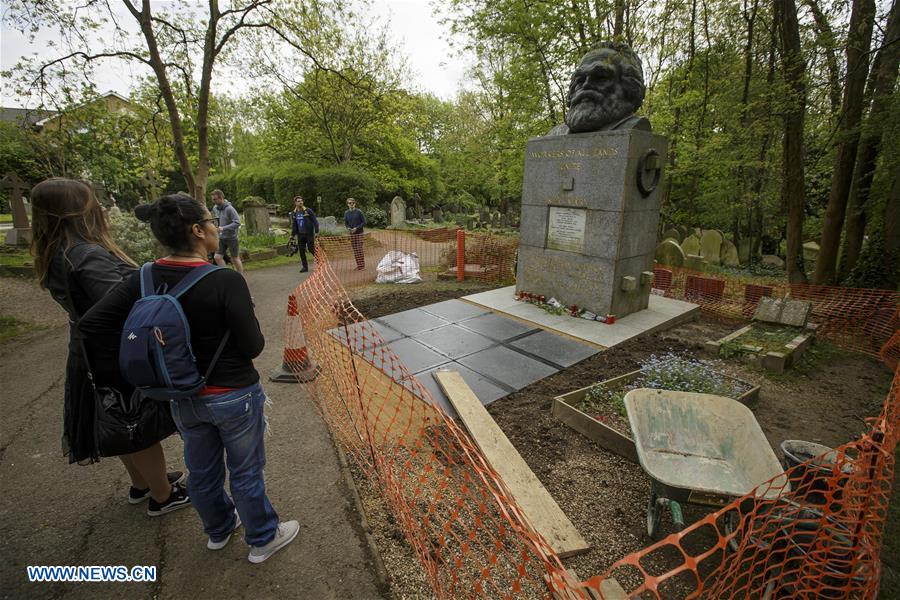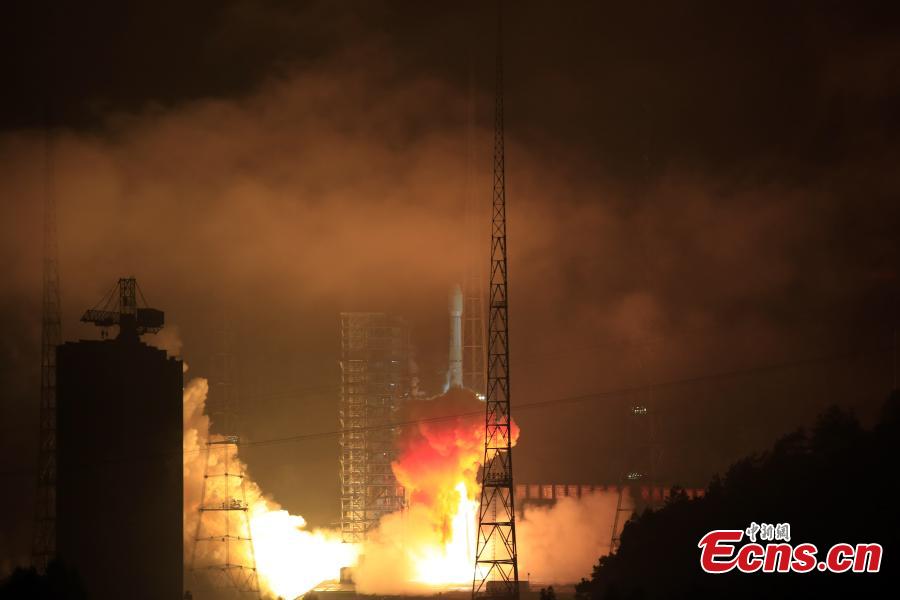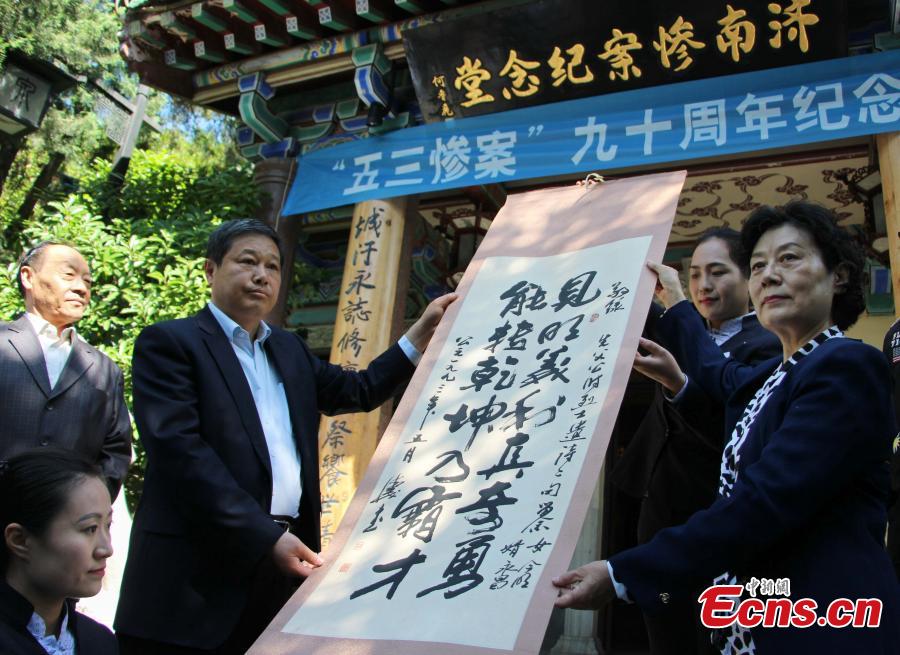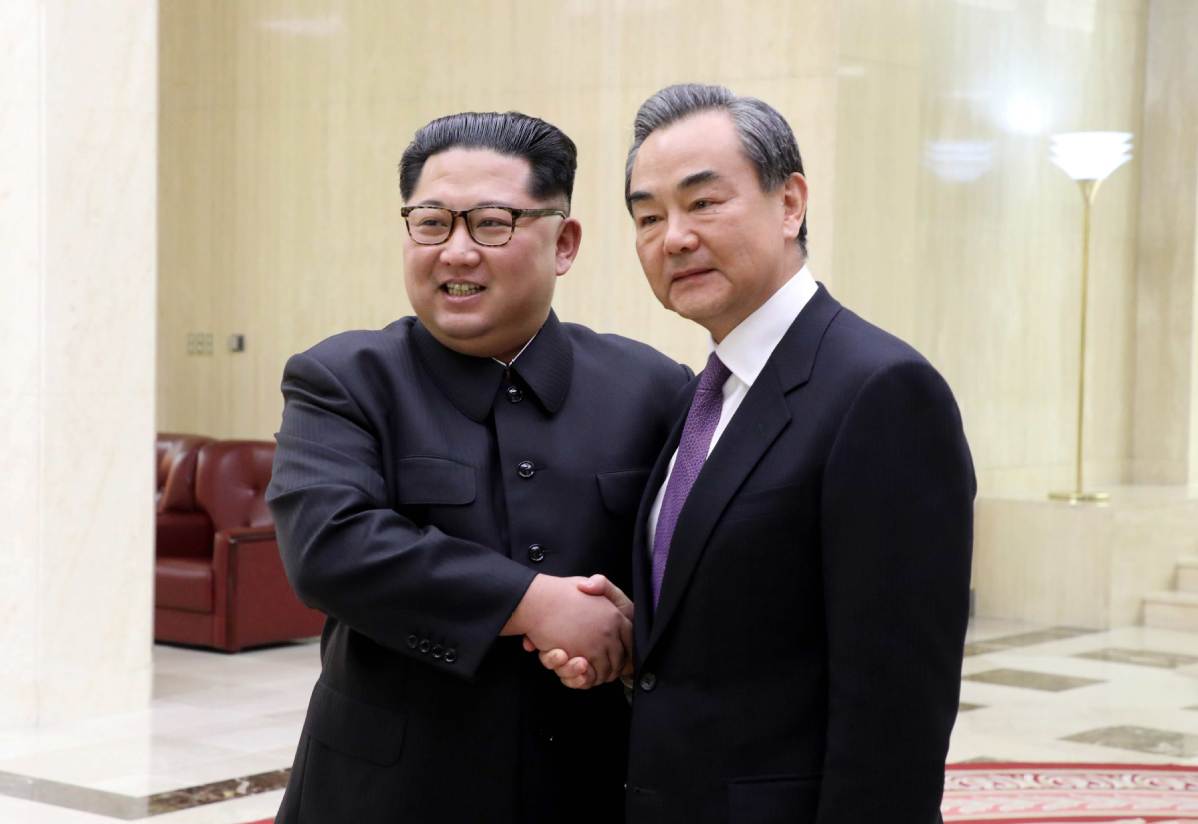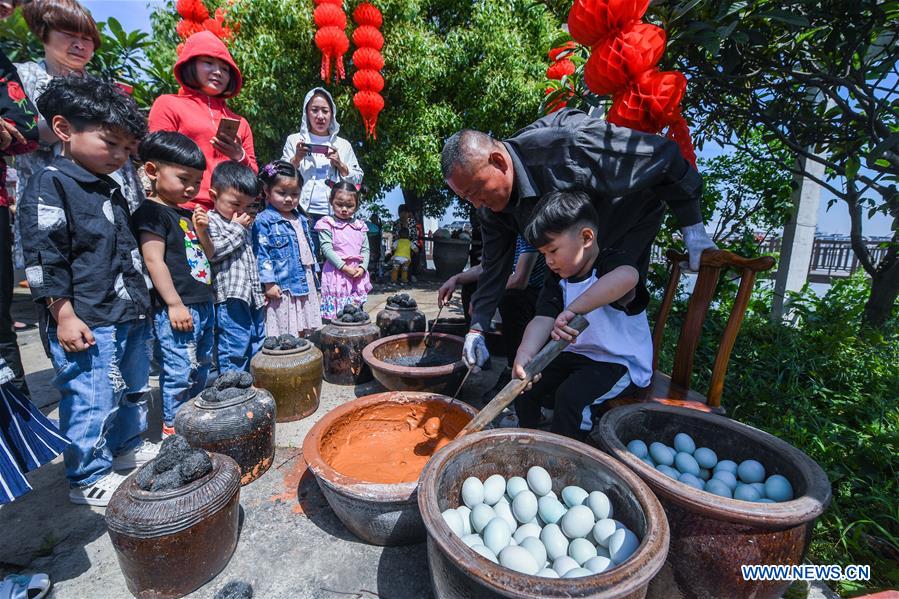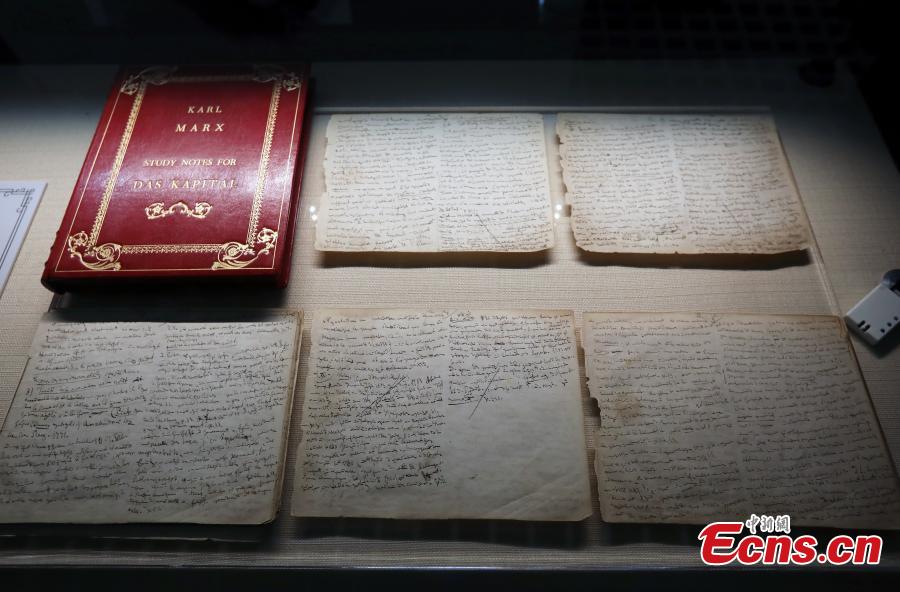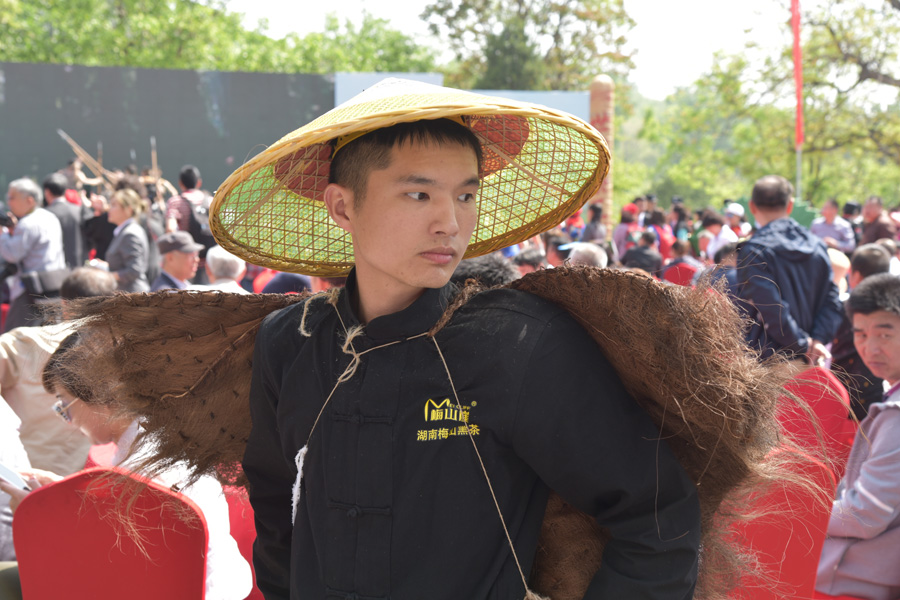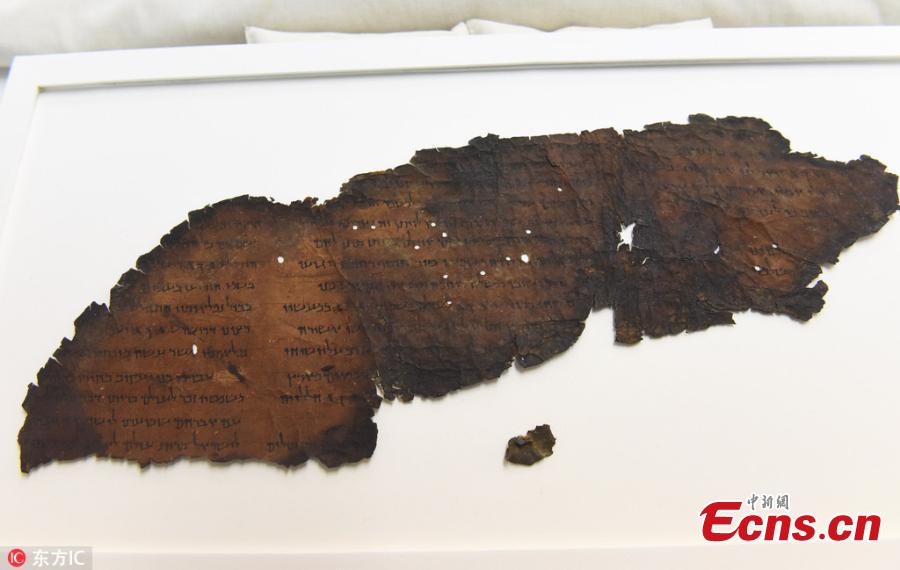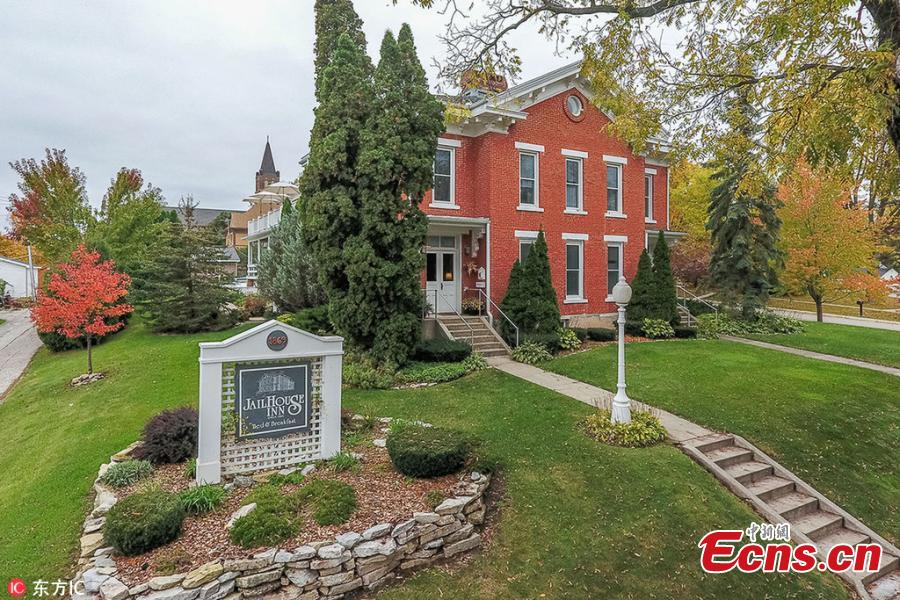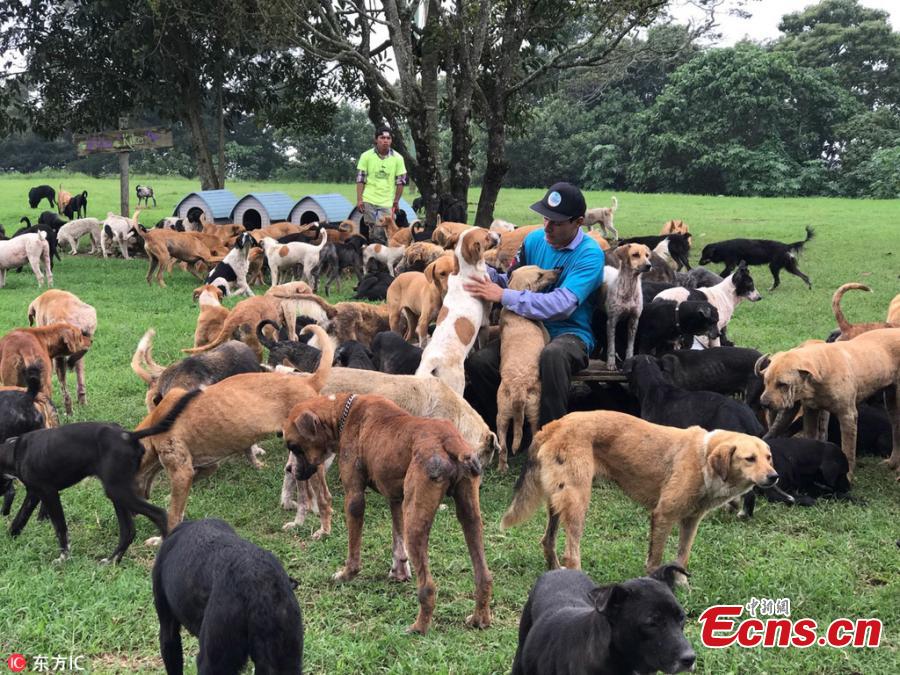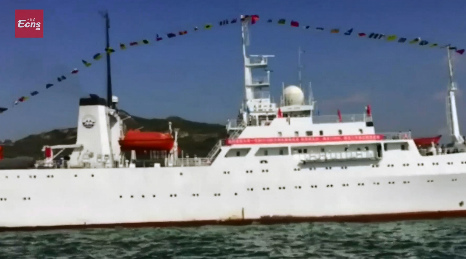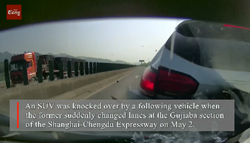Beijing Mayor Wang Anshun on Wednesday said the capital will work hard to cool down rapid urban expansion in order to address traffic congestion, pollution and resource scarcity.
"We will make efforts to control Beijing's scale through economic, legal and administrative means," Wang said, without elaborating his plan.
"The conflict between rapid population growth and limited resources is our city's growing pain," Wang said at a panel discussion held during the annual parliamentary session in Beijing.
Premier Wen Jiabao has said in his government work report on Tuesday that megacities and large cities should be kept at an appropriate scale. "This offers us a guideline for city management," said Wang, who is also a national lawmaker.
Beijing's population has reached 20.6 million and is growing by about 600,000 people annually. The capital now has 5.2 million motor vehicles and the number is expected to reach 6.5 million in five years, the mayor said.
These have resulted in many "city diseases" such as traffic congestion and air pollution. "The city can not expand in an uncontrolled way," Wang said.
Heavy smog has repeatedly hit the capital since January, causing dismay among the public and prompting authorities to issue health warning.
Beijing introduced the lottery scheme in January 2011 to reduce car ownership and traffic congestion. One out of 10.6 received a plate after the first draw on Jan. 26, 2011.
The number of applicants rose from 187,420 in January 2011 to 1.42 million in February this year. Only one out of 77 applicants were awarded car registration plates in February.
Read more:









